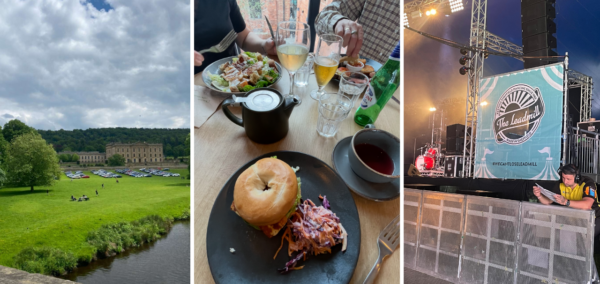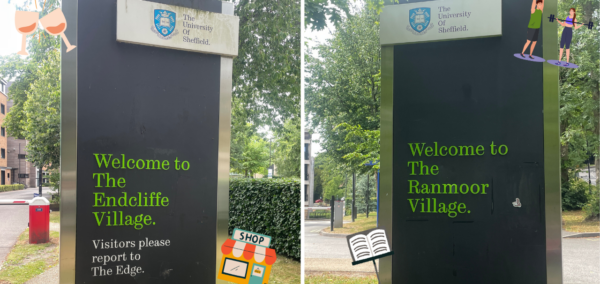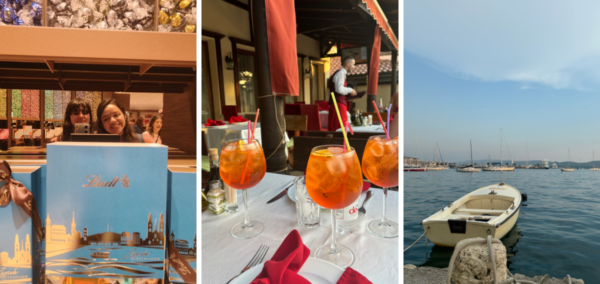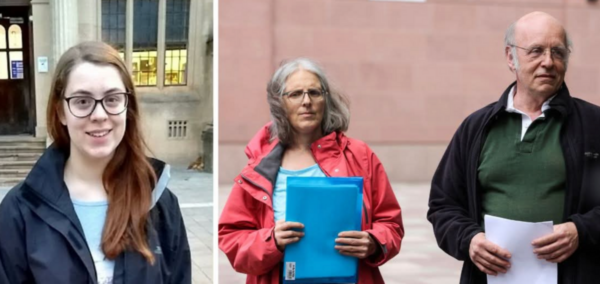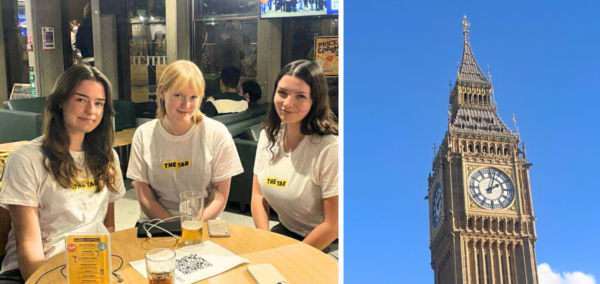
Money, travel and accommodation: Must-know tips for Sheffield students on a year abroad
I’m afraid having done a year abroad is now my number one personality trait
I wouldn’t say I actively chose to do a year abroad; it was more something I signed up for by default.
When I applied to study Modern Languages and Cultures at Sheffield, I noticed that a year abroad was a compulsory part of the course. At the time, it felt like a distant requirement, not something I gave much thought to. But looking back, I’m incredibly grateful it was mandatory. Without that nudge, I doubt I would’ve had the confidence to opt in on my own, and I would’ve missed out on an experience I’ll carry with me for the rest of my life.
A year abroad is often sold as an exciting and glamorous adventure. And sometimes it is. But the reality can be far more complex. Starting over in a completely new place, building a social life from scratch, and adjusting all while watching your friends back home graduate without you – it’s undeniably challenging. It’s also easy to fall into the trap of comparing your experience to others who seem to be having the “perfect” time. But when things finally begin to fall into place, the memories you create can be some of the most meaningful and lasting of your life.
Also, doing a year abroad will turn out to be expensive: Outings, events, and trips to new places will all weaken the budget.
I did my year abroad in Switzerland which is known to be the most expensive country in the world (something I didn’t know before moving), and while some of my tips and tricks may only apply to Switzerland, I’m sure there are many that are applicable to other countries.
So, let’s see my must-know tips for doing a year abroad.
Finances
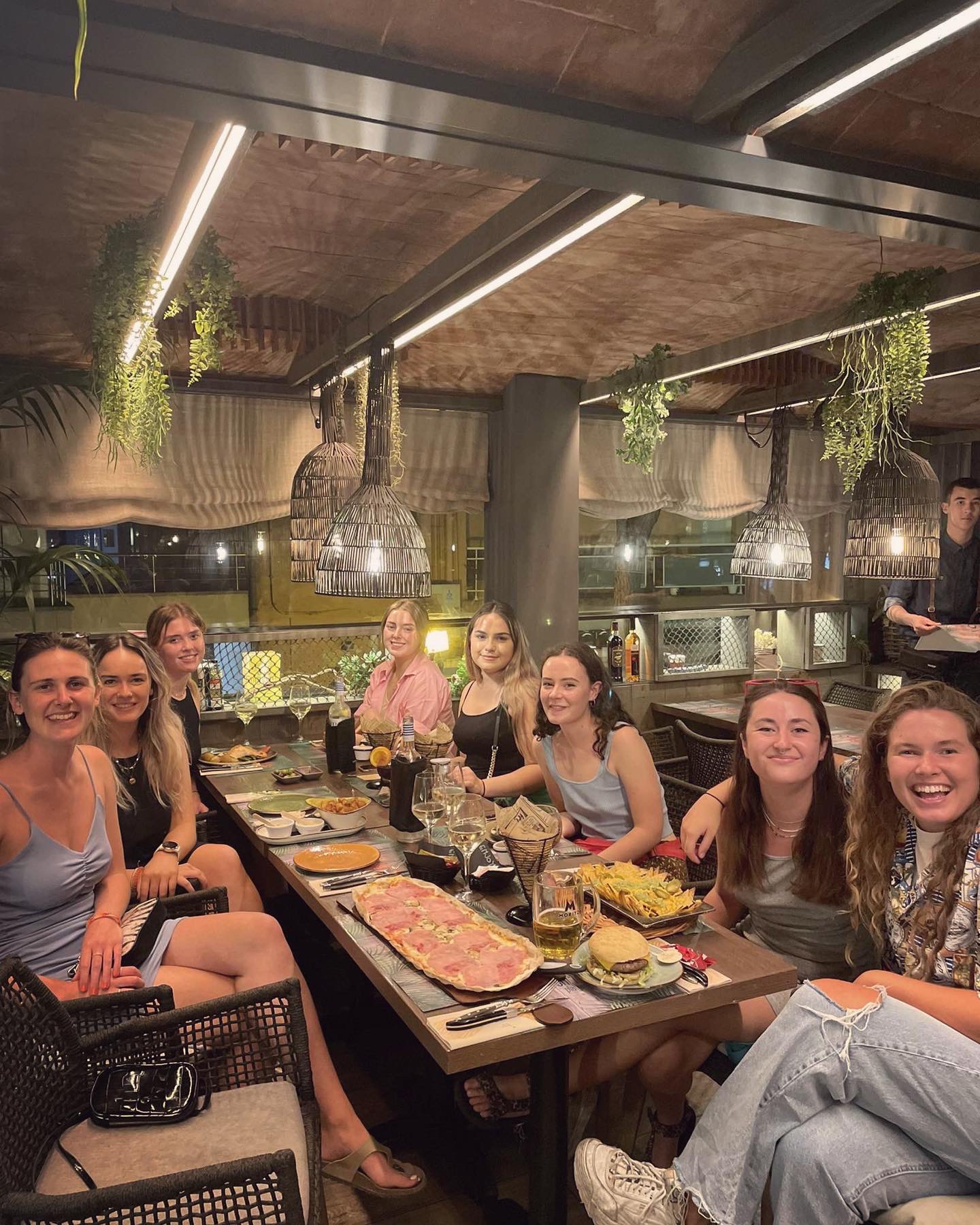
Most Read
First, is ESN, also known as Erasmus Student Network. Most universities in European countries will be part of ESN, and while we may not count as Erasmus students anymore, we are still able to join in and take part.
I did most of my travelling with ESN – hiking, sightseeing, day visits and weekend trips. They also organise club nights and events to try new hobbies or cuisines so there is truly something for everyone.
ESN is a great way to save some money too, as their events tend to be cheaper than travelling by yourself, especially if you own an ESN member card. This will also allow you to get discounts with certain air/train lines, and other companies.
Train passes is another thing I’d recommend looking into. Mainland Europe is big on travelling by train. In Switzerland, one of the most popular train passes is the friend pass, which lets you and up to three friends (therefore a group of four) travel anywhere by train at a discounted price.
Location plays a huge role in the overall cost of your year abroad. While regions like South America, Asia, or Oceania might seem appealing – and often are cheaper when it comes to daily expenses like food, travel, and accommodation – long-haul flights can quickly eat into your budget. It’s also worth considering how remote your destination is. A more isolated location might mean limited transport options, making it harder (and pricier) to travel during your stay.
Do your research. Research supermarkets so you don’t end up shopping at the Spanish equivalent of Waitrose, get their version of a Clubcard and start collecting those points and vouchers, and look into student discounts.
Something that pretty much saved me was being sent a survival kit from my host university with lists of places to go to to save money – in terms of where to shop, where to get a sim card for my phone, where to open a bank account. If that’s not a thing your university offers, then ask other students, we’ve all been there.
Lastly, Telegram. We all remember joining thousands of Instagram, Facebook, and Snapchat groups before starting university, and the equivalent in mainland Europe, at least in my case, was Telegram. Join the main ESN chats, the separate ones they make for specific events, the main university group, the accommodation one, and ask questions.
Depending on when you join, you might come across messages of students who are moving out and giving away some of their furniture, bedding, random decor, for free.
However, WhatsApp might be your host country’s choice of social media, so definitely research which app students are most likely to use.
Accommodation
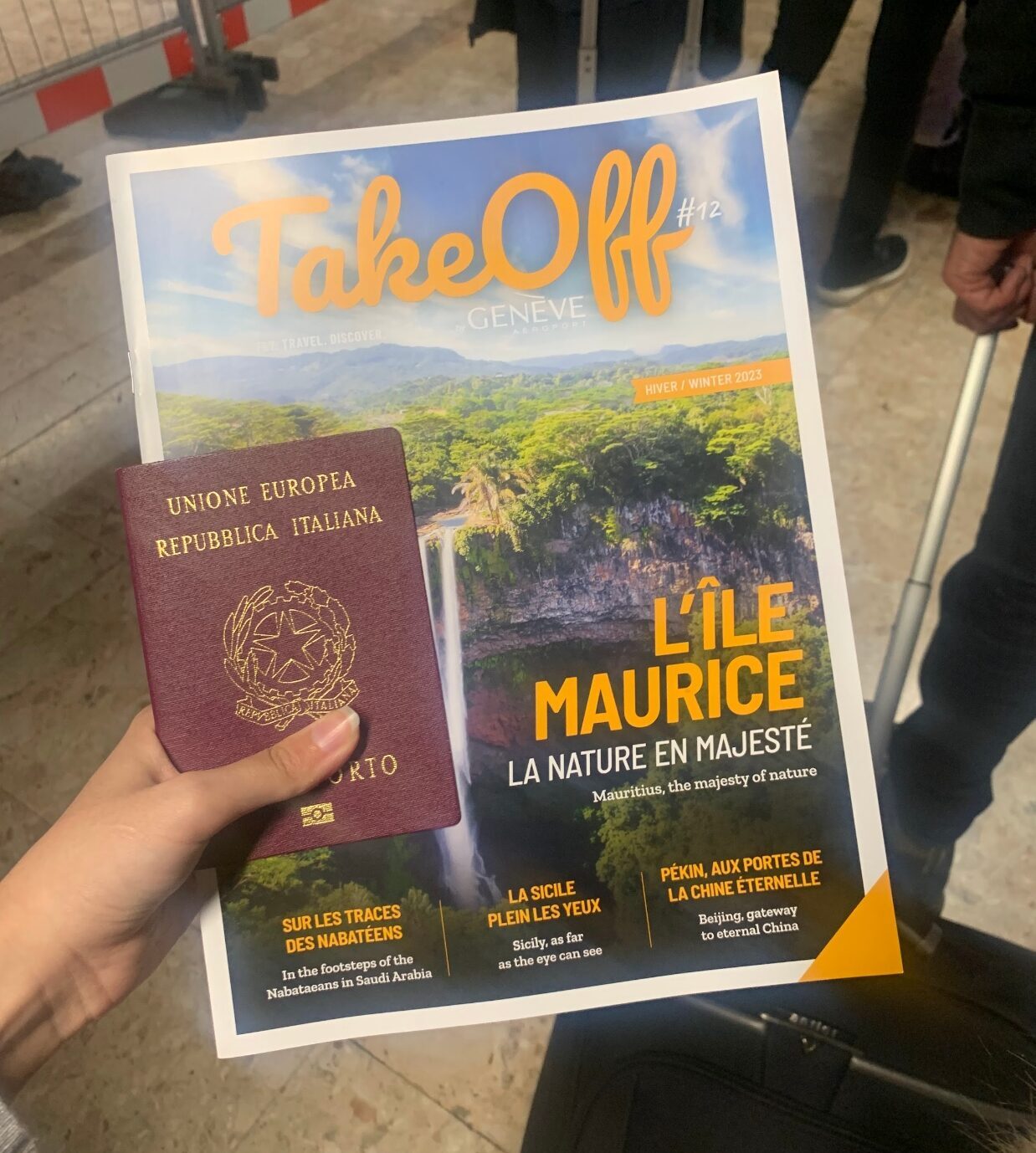
This was a tough one for me. I always recommend trying to stay in official uni accommodation – it’s usually close to campus and a great way to meet other students, exchange or not. Each university and country will have its own system: Some offer housing specifically for exchange students, while others help you find a place independently.
However, if you’re struggling, there are also plenty of Facebook groups with students looking for flatmates or trying to sublet their rooms. Just be cautious as scams are common. But I was lucky that my host university offered to check any property links I found to help me avoid dodgy listings, so that’s always worth asking about.
Another important point: You’re in a foreign country, and unfortunately, in some places, your nationality can make it harder to secure housing. Some landlords may be reluctant to rent to non-locals. Renting through a third party is always a bit of a risk, so if uni accommodation is an option, I’d highly recommend going for it.
Experience
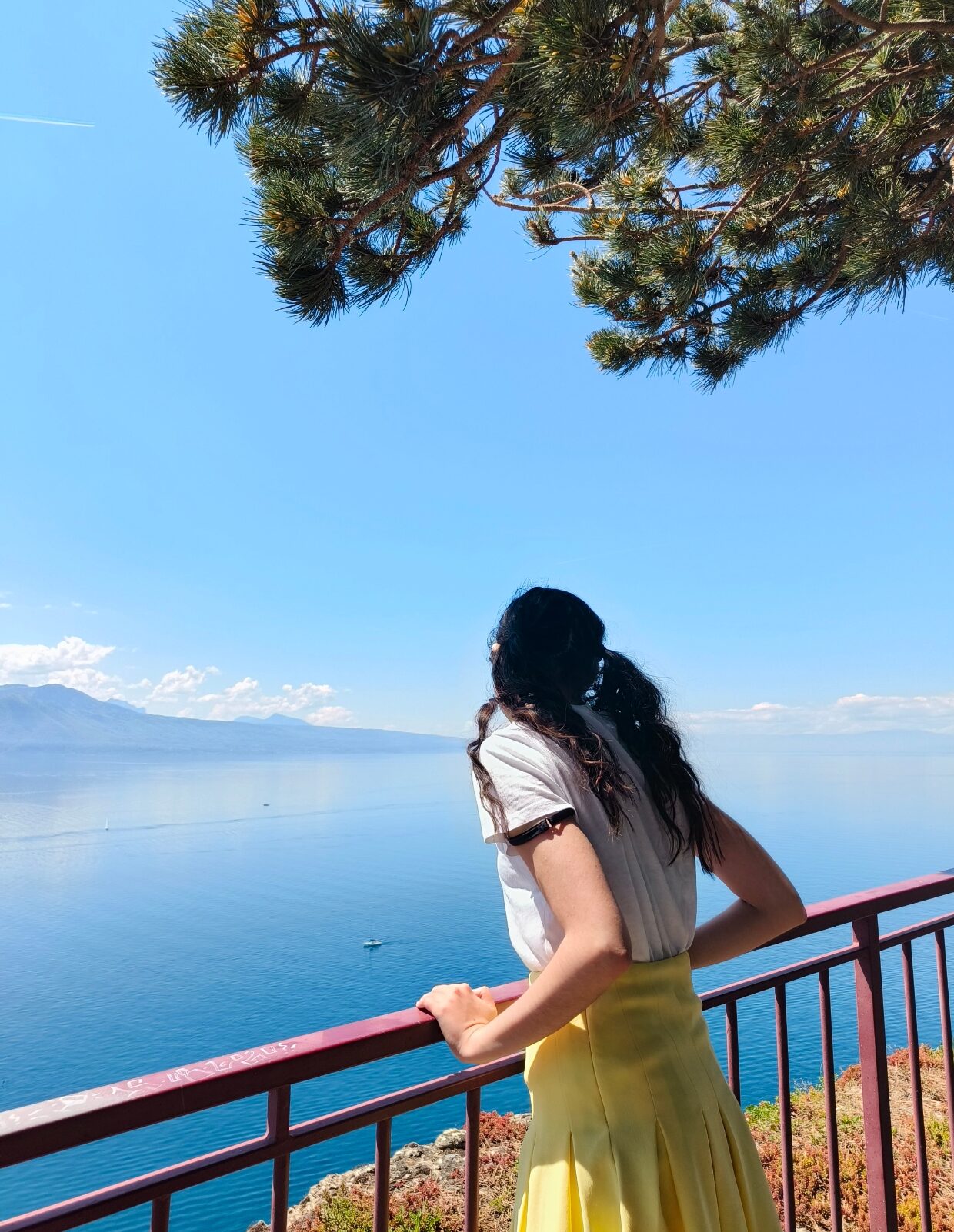
When it comes to advice, mine is probably something you’ve heard countless times – but it’s true: Make the most of it, because it flies by.
While making friends with full-time local students can be a great way to integrate and improve your language skills (if that’s something you have in mind), I found it much easier to connect with other exchange students. They’re in the same boat as you – having moved to a new country by themselves and keen to meet new people – whereas local students in their final years often already have established friend groups and are more concerned about their dissertations.
You’ll likely meet other exchange students at ESN events, during welcome week, or in beginner and non-native language classes. Personally, I met most of my friends at ESN events, and my closest friend that year was someone I met in a class designed specifically for exchange students.
Overall, what it means to “make the most” of your year abroad is entirely personal. For some, it’s all about building a social life, going out and meeting new people. Others may be looking forward to the solo-travelling aspect specifically. And then there are those who simply want to settle into a routine and experience everyday life in a new setting. In the end, there is no right or wrong way to experience it.





